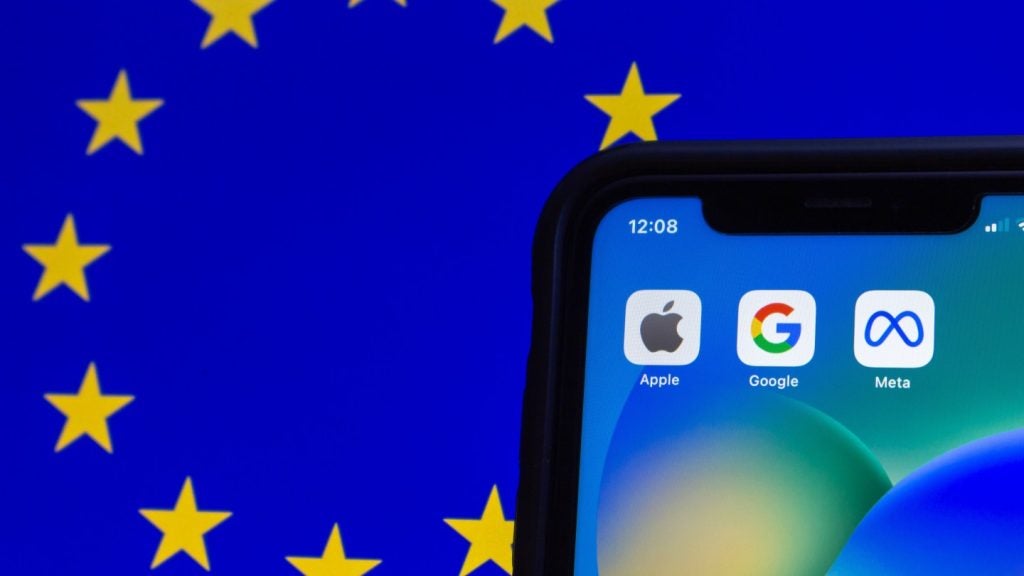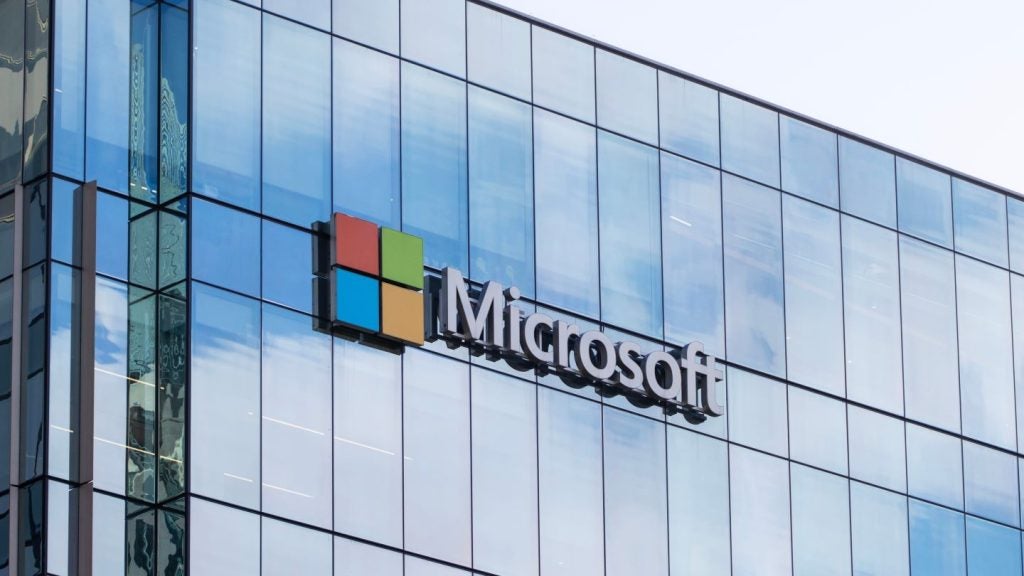Nomura Research Institute has been granted a patent for an apparatus that facilitates multi-party computation using zero-knowledge proof. The apparatus acquires data shares, performs calculations, and outputs evidence and proof, ensuring data integrity through digital signatures during the verification process. GlobalData’s report on Nomura Research Institute gives a 360-degree view of the company including its patenting strategy. Buy the report here.
According to GlobalData’s company profile on Nomura Research Institute, Virtual banking assistant was a key innovation area identified from patents. Nomura Research Institute's grant share as of June 2024 was 49%. Grant share is based on the ratio of number of grants to total number of patents.
Zero-knowledge proof apparatus for multi-party computation
The patent US12010235B2 describes an innovative apparatus designed for multi-party computation that implements a protocol for zero-knowledge proof. This apparatus consists of one or more processors and a memory that stores specific instructions. When executed, these instructions enable the apparatus to acquire a share of data related to a matter requiring certification, utilizing a secret distribution method. The apparatus is capable of outputting an output share of evidence derived from calculations performed during the multi-party computation, allowing for the reconstruction of the evidence from the output shares collected from all participating apparatuses. Additionally, it can provide an output share of a proof when requested by a verifier terminal, ensuring that the verification process is conducted through reconstruction of the proof from the output shares.
Further detailing the functionality, the patent specifies that the zero-knowledge proof can utilize a verification logic formula or a common reference string (CRS). In cases where a Trusted Setup is employed, the CRS is generated collaboratively by the participating apparatuses or verifier terminals. The verification process for the zero-knowledge proof is designed to respond to random or arbitrary requests from a verifier, enhancing the flexibility and security of the system. Moreover, the apparatus includes mechanisms to verify the authenticity of the original data share through a digital signature, ensuring that the data has not been tampered with. This multi-faceted approach to secure data sharing and verification positions the apparatus as a significant advancement in the field of cryptographic protocols and secure multi-party computation.
To know more about GlobalData’s detailed insights on Nomura Research Institute, buy the report here.
Data Insights
From

The gold standard of business intelligence.
Blending expert knowledge with cutting-edge technology, GlobalData’s unrivalled proprietary data will enable you to decode what’s happening in your market. You can make better informed decisions and gain a future-proof advantage over your competitors.







